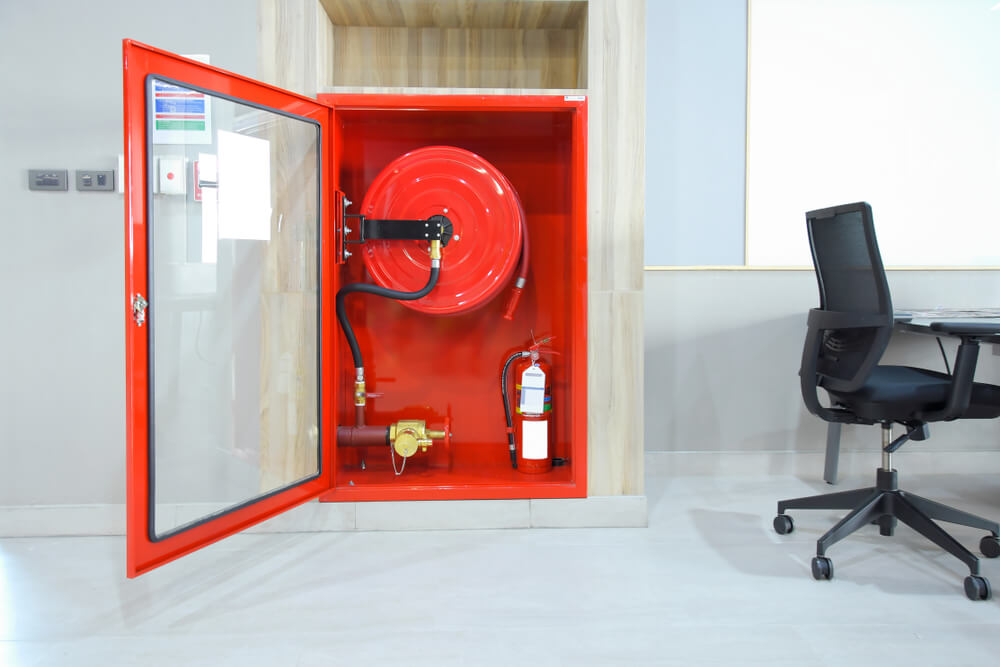Fire safety often feels like a back-burner issue in busy office environments, but the risks are real and immediate. A single overlooked hazard can cause a devastating fire that threatens lives, disrupts operations, and damages reputations.
This is why every workplace needs to take fire safety seriously. Regular checks and planned prevention strategies can make all the difference.
Businesses in cities across the nation face unique challenges. For example, an office fire risk assessment in Bristol helps employers not only comply with regulations but also protect staff, clients, and property from avoidable risks.
With the right steps, companies create safer workplaces that run smoothly and confidently.
Why Fire Risk Assessments Matter for Offices?
The Regulatory Reform (Fire Safety) Order 2005 makes fire risk assessments a legal requirement in the UK. Employers and those in control of premises must identify risks, implement safeguards, and maintain compliance.
Regular assessments do more than tick a compliance box:
- Identify hazards before they escalate.
- Protect employees and visitors.
- Safeguard property and essential assets.
- Reduce the risk of costly business interruption.
Also, Read this Blog: 5 Common Mistakes to Avoid in Your Fire Risk Assessment
Electrical Equipment and Overloaded Sockets
Offices rely heavily on technology, making electrical safety a top priority. Faulty wiring, overused extension cords, and neglected appliances are common causes of workplace fires.
Here are the key points to consider:
- Inspect plugs, sockets, and cables on a regular basis.
- Avoid daisy-chaining extension leads.
- Replace damaged or faulty equipment quickly.
- Arrange periodic Portable Appliance Testing (PAT).
A fire risk assessment highlights these electrical dangers and ensures corrective measures are implemented without delay.
Paper, Waste, and Combustible Materials
Paper piles and cluttered storage areas create fuel for fire. Poor housekeeping adds unnecessary risk to an otherwise controlled environment.
To reduce hazards, here’s what to do:
- Store large amounts of paper securely in cabinets.
- Empty bins daily, especially in print rooms.
- Keep escape routes clear of obstructions.
- Arrange regular waste disposal routines.
Also, Read this Blog: Smart Surveillance: Preventing Crime In the Workspace With Modern CCTV Installations
Kitchen Areas and Staff Break Zones
Office kitchens present risks from microwaves, kettles, and toasters. Fires often start when staff leave appliances unattended. Cleaning sprays and other flammable products also increase danger.
Employers can minimise hazards with clear rules:
- Ensure PAT testing for all kitchen appliances.
- Display safety signage near equipment.
- Train staff to switch off appliances after use.
- Store flammable liquids away from heat sources.
Also, Read this Blog: How Often Should You Schedule a Fire Risk Assessment?
Heating Systems and Portable Heaters
Heating systems need regular servicing to remain safe. Portable heaters, often placed near desks or stacks of paper, pose significant risks. Here’s what employers should do:
- Arrange annual boiler servicing.
- Prohibit personal heaters without approval.
- Position portable units away from combustible materials.
Blocked Fire Exits and Poor Signage
Blocked exits or missing signage put lives at risk during emergencies. Staff must evacuate quickly, without confusion. Some useful and practical steps are:
- Inspect exits weekly to ensure they remain clear.
- Place visible fire exit signs throughout the office.
- Run evacuation drills to test response times.
Office environments contain hidden risks, but with careful management, businesses can stay safe and compliant. A fire risk assessment in Bristol plays a crucial role in identifying hazards and enhancing awareness. Staying vigilant not only protects people but also secures assets and business continuity.
For businesses that want expert guidance and professional support, Radcliffe Fire Protection Ltd offers trusted fire safety services tailored to office needs. Contact us now.
